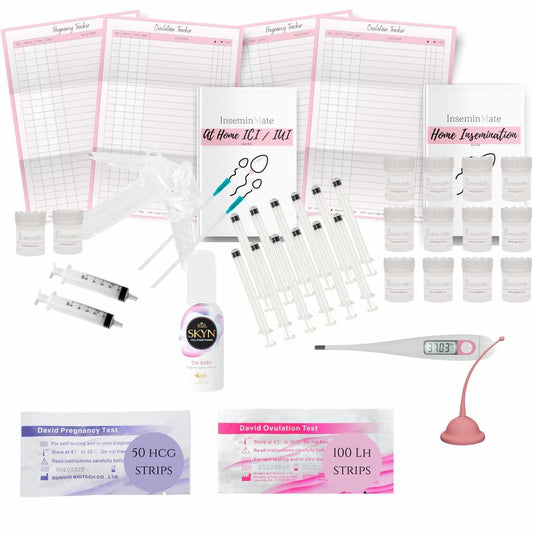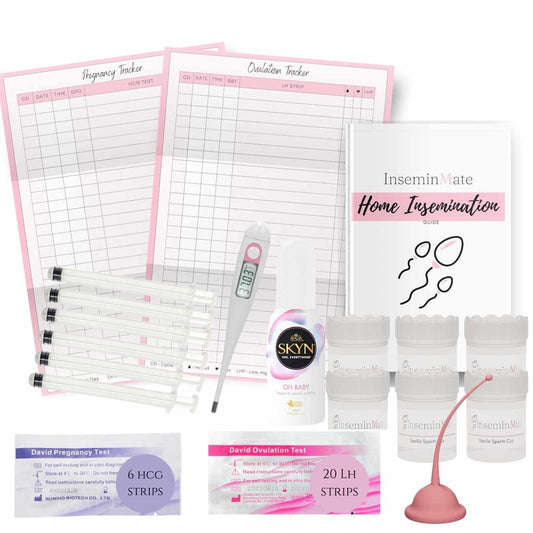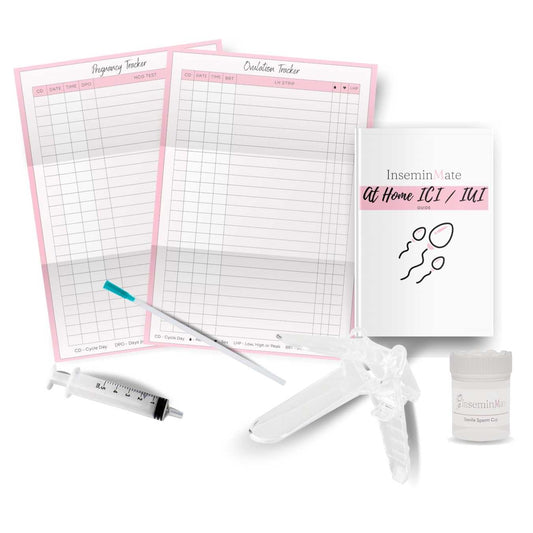For couples who are trying to conceive through at-home insemination, the process can be both exciting and nerve-wracking. One question that often comes up is whether it is normal to experience leakage after the insemination process. In this blog post, we will explore this question and provide some insights into what is considered normal after at-home insemination.
First, it is important to understand the process of at-home insemination. During the process, a syringe or other device is used to deposit semen into the cervix or vagina, with the goal of reaching the fallopian tubes and fertilizing the egg. After the process, it is normal for some of the semen to leak out of the vagina. This is because the vagina is not a closed system, and there is always some degree of fluid movement.
However, the amount of leakage can vary from person to person. Some women may experience minimal leakage, while others may experience more significant leakage. It is also important to note that the consistency of the semen can play a role in the amount of leakage. Thicker semen is more likely to stay in place, while thinner semen may leak out more easily.
Additionally, the position of the body after insemination can also impact the amount of leakage. It is recommended to lie on your back with your legs raised for about 10-15 minutes after insemination to allow the semen to pool around the cervix and reduce the amount of leakage.
While some leakage after at-home insemination is normal, it is important to monitor any symptoms that may indicate an infection or other issues. If you experience significant pain, fever, or unusual discharge, it is recommended to speak with a healthcare professional.
In conclusion, some degree of leakage after at-home insemination is normal and to be expected. However, the amount of leakage can vary, and it is important to understand the factors that can impact it. By following recommended practices and monitoring any symptoms, couples can increase their chances of successful conception through at-home insemination.




